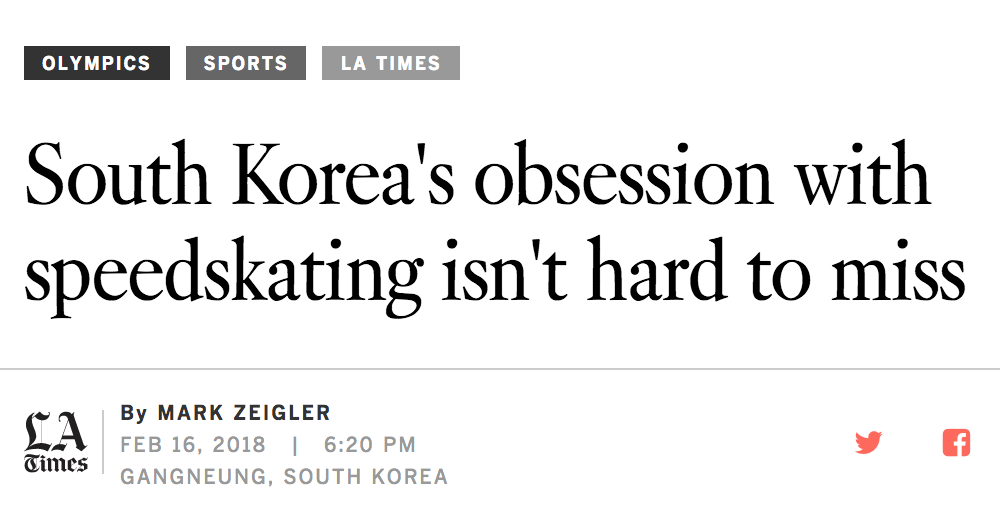Xavier Marquez, "Stalin as Reviewer #2", Abandoned Footnotes 117/2018:
Most people reading this blog probably know about Trofim Lysenko, who, with Stalin’s help, set back Soviet genetics in the late 1940s, preventing any discussion of Mendelian inheritance. Yet Stalin’s influence on Soviet scholarship after WWII was much more far reaching. He intervened in disputes concerning philosophy, physics, physiology, linguistics, and political economy; in fact one of the epithets by which he was sometimes referred in the press was “the coryphaeus of science”, i.e., the leader of the chorus of Soviet science. (Lysenko himself used the term in his eulogy for Stalin in 1953, though it was first used in 1939).
Most of these interventions were editorial in character. He edited pre-publication drafts of articles and books, often in close consultation with their authors and at great length (he was actually a decent editor), and occasionally provided feedback on published and unpublished work. And he did this despite the fact that he was the undisputed ruler of one of the victors of World War II, a country that was facing the gigantic task of reconstruction after one of the most destructive conflicts in human history. In short, he was the editor and reviewer from hell.
The story of Stalin’s intervention into Soviet linguistics is particularly funny, at least in the morbid way that anything from that time can be funny. And it also brings out some interesting points about how official ideological commitments both constrained and enabled Stalin and Stalinism.
Read the rest of this entry »




